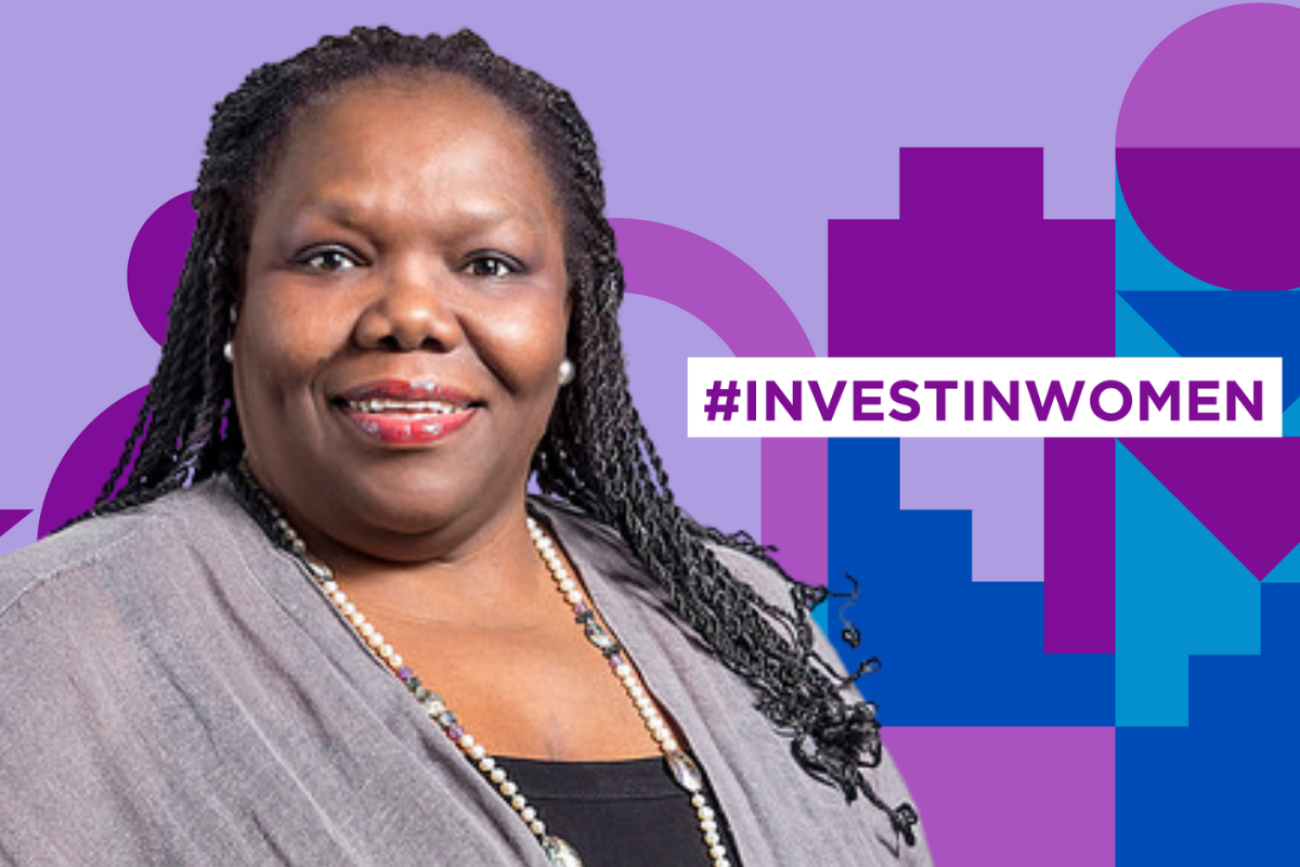As 2030 looms, women in the Caribbean, as all women around the world, are sadly still far from experiencing the full endowment of gender equality by the year 2030, the globally agreed deadline for achievement of the Sustainable Development Goals. Some 46 per cent of women in a cross-section of the Caribbean still face intimate partner violence; women in the region still struggle with an imbalanced unpaid work burden, especially when it comes to childcare; and globally, at the current rate, it will take 286 years to close gaps in legal protection and remove discriminatory laws against women. It is in that context that the theme for this year’s commemoration is extremely important. Invest in Women, Accelerate Progress… now!
To give a concrete idea of how much more deliberate effort and investment is required to achieve gender equality, there is an alarming US $360 billion deficit in gender equality measures that must be addressed. The COVID pandemic placed even greater hurdles for women to clear. ECLAC’s 2023 study on the gendered impact of COVID-19 on paid and unpaid work in the Caribbean showed that women, especially those in the service sector were more affected by job loss. The hospitality, tourism and food services (the lifeblood of our region) were where women felt it most.
At ECLAC Caribbean, we seek to support the region in its effort to achieve gender equality and to provide the statistics and analysis that highlight where we’re falling short. The study also revealed that there are expectations that women should do their part in the workforce while still carrying the burden of unpaid work in the home. Furthermore, women continue to earn less than men for equal work and are more likely to face unsuitable working conditions.
A 2014 ECLAC study advocated that “women’s economic empowerment should become a national priority for all Caribbean governments… There is need for States to comply with their obligations to end discrimination based on sex, by addressing the disproportionate workload that women undertake in carrying out the duties of unpaid care work in the household, by introducing policies and programmes to measure time use.”
Fast forward to another ECLAC study in 2022 study on gender disparities in education and employment showed that women and girls will only be empowered when they secure equal access to such critical enablers as education, employment, productive resources and political office.
Our 2024 study on the economic impact of traffic congestion in Trinidad and Tobago saw women respondents outnumbering men 55-39 per cent (the remaining 6 per cent preferred not to state their gender). From those figures, it can be presumed that more women face the inconvenience of traffic, and face losing significant potential earnings because of traffic congestion.
The data and analysis speak eloquently for themselves! As a region, we must continue to work on and use national statistics disaggregated by gender. We encourage the leaders of our subregion to use the resources and support that ECLAC and the wider UN system offer, to strive for gender equality.
International days are moments for reflection, analysis, education and mobilization. On this day, we reflect on women’s challenge, embrace their resilience, and celebrate their ingenuity, determination and achievement. We stand on the broad, fearless shoulders of the pioneering women who have blazed the trail before us. Women of the Caribbean and the world… big up yuhself!
See ECLAC Caribbean staff talking about women’s issues: https://fb.watch/qHb4GfQ3mI/
More about ECLAC Caribbean
The mission of the Economic Commission for Latin America and the Caribbean (ECLAC) subregional headquarters for the Caribbean, is to deepen the understanding of the development challenges facing the Caribbean, and to contribute to solutions by conducting research and analysis and providing sound policy advice and technical assistance to Caribbean governments, focused on growth with equity and recognition of the subregion’s vulnerability.



